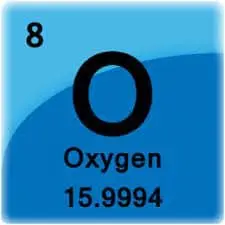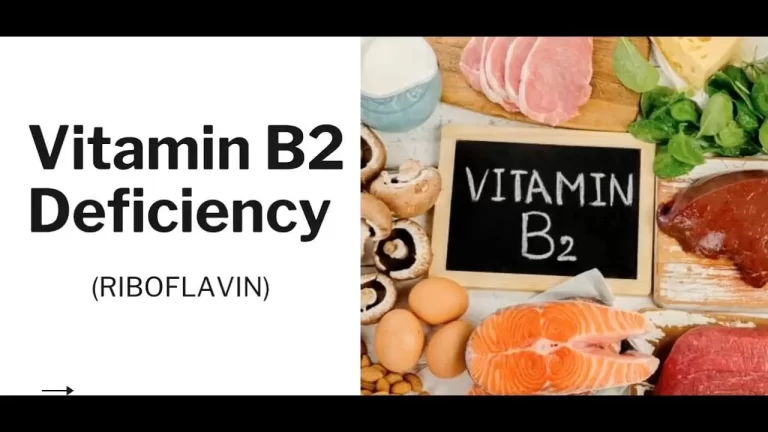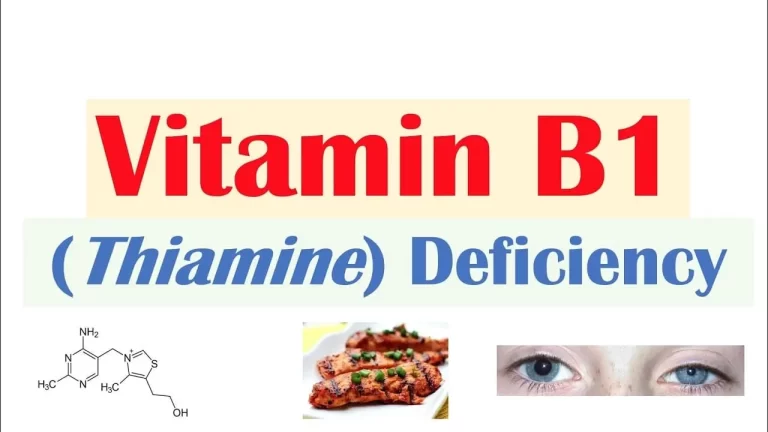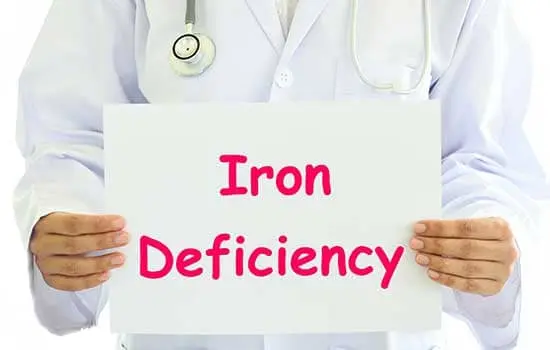Enzyme
What is Enzyme? Proteins called enzymes (/ˈɛnzaɪmz/) speed up chemical processes to function as biological catalysts. Enzymes may interact with molecules known as substrates, and they change the substrates into other molecules known as products. Enzyme catalysis is required for nearly all metabolic activities in cells to proceed at speeds quick enough to support life….










